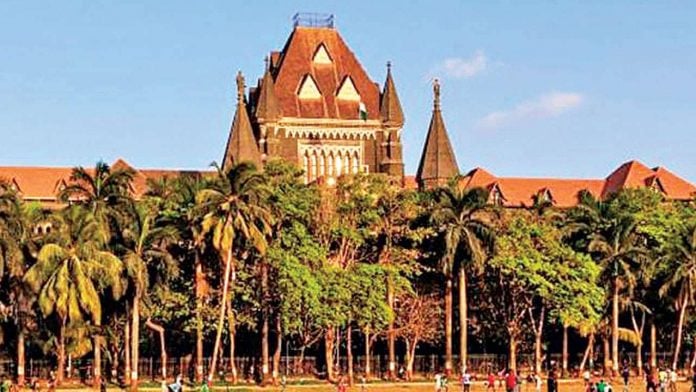The Bombay High Court has reserved judgement on whether Muslims dying of Covid-19 could be buried at the cemetery in suburban Bandra.
A bench of Chief Justice Dipankar Datta and Justice Sambhaji Shinde closed the matter for judgment, after dealing with a bunch of petitions filed by Pradeep Ghandy and other residents of Bandra. The residents apprehended that if these bodies are not disposed or buried properly then there were chances of a community spread in the local area.
The BMC vehemently opposed these contentions through its senior counsel Anil Sakhre. “Dead bodies do not spread the virus. We take proper precautions in disposing of all Covid-19 bodies,” Sakhre told the bench.
“Even the family members of such victims are not allowed to touch the body, they are only allowed to see the deceased,” Sakhre submitted. The contentions of these residents were further opposed by the trustees of the Qabristan. Their counsel told the bench that due diligence was being carried out while burying the dead bodies.
The counsel also argued that the residents have failed to place on record any scientific material to show that the virus spreads through dead bodies. He also cited the circular of the Union government, issued last month, which pertained to disposal of dead bodies of coronavirus victims. “The circular specifically states that the virus spreads only through droplets. It also states that if proper precautions are taken then there are no risks of the virus transmitting from the dead body,” the counsel submitted.
Notably, the local residents had locked up the Qabristan on April 13 and disallowed the civic body to bury a Covid-19 victim. However, another bench of Justice Burgess Colabawalla had last month ordered the officials to break open the locks and bury Covid-19 victims in the cemetery.
-India Legal Bureau


